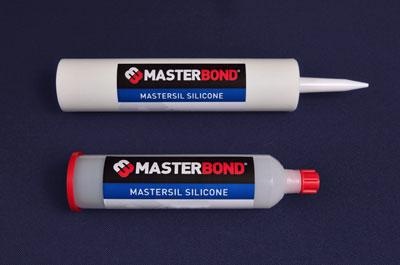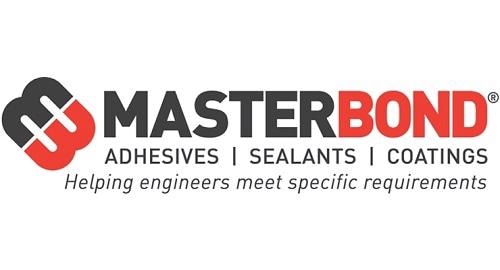MasterSil 711 is an easy-to-use, one-component, high-performance silicone elastomer compound for bonding, sealing, coating and formed in place gaskets. This specialty product features an exceptionally fast and non-corrosive cure, making it highly desirable for many applications, especially those pertaining to electronics. MasterSil 711 is self-leveling and bonds well to a wide variety of substrates, including glass, metals and many plastics. The rapidity of the cure depends on the thickness of the layer and the humidity; the thicker the layer the slower the cure. It is extremely soft with superb flexibility and elasticity and outstanding electrical insulation properties. MasterSil 711 is serviceable over the broad temperature range of -75°F to +400°F. MasterSil 711 has a high viscosity but is still flowable and is translucent in color.

Applications for MasterSil 711 Silicone
MasterSil 711 is well equipped to handle the harsh outdoors. Solar panels and related components are exposed to the relentless extremes of Mother Nature throughout their working lives. Solar equipment must endure the great outdoors all day and all night, while reliably withstanding storms, high winds, rain, snow, hail, and other punishing elements. Indoor factory-floor components have relatively easy lives by comparison. The engineer’s battle is to harness the sun’s energy while also winning the war against component degradation. Individual cells generally aren’t problematic. Once cells are formed into modules and modules are configured into panels, however, heat again becomes a big problem—as do the considerable effects of UV exposure. Mechanical fasteners by nature absorb, concentrate, and radiate heat. Those characteristics make for higher heat loads, and more quickly lead to the deterioration and eventual failure of related parts and components.
Mechanical attachment and fastening methods inherently include a variety of downsides. Each screw or rivet requires a drilled and/or threaded hole. Drilling, threading, fastener insertion and attachment, proper tightening, and thread locking can combine to become an expensive, labor-intensive, and complicated process— especially in a high-production environment. Every drilled hole adds a potential point of failure in the form of stress cracking, for instance. If not performed precisely, drilling can also result in chipped, weakened, or damaged substrates.
Solar panels are typically mounted in a stationary fashion—in environments with little or no vibration to worry about—such as on homes or commercial buildings. Increasingly, however, smaller solar panels have gone mobile and are attached to a wide variety of products such as vehicles and even backpacks. In those circumstances, movement and vibration become engineering factors, causing higher stresses on parts and components. Depending on the application, mechanical attachment methods just might not be up to the task of holding things together durably, reliably, and over long periods of time.

This information has been sourced, reviewed and adapted from materials provided by Master Bond Inc.
For more information on this source, please visit Master Bond Inc.